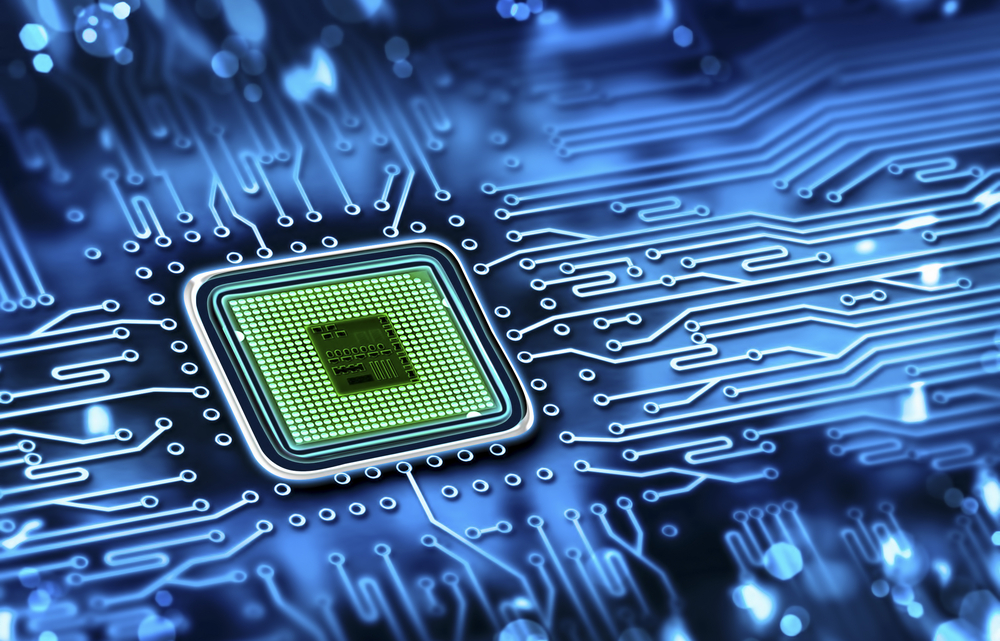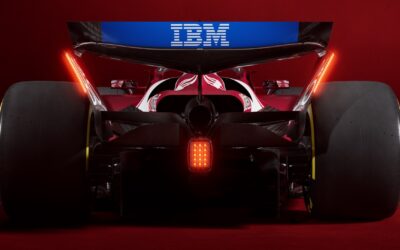Intel and Lenovo announced a multiyear collaboration focused on the rapidly growing opportunity in the convergence of high-performance computing (HPC) and artificial intelligence (AI) to help accelerate solutions for the world’s most challenging problems. Building on the companies’ long-standing partnership in the data center, the multiyear global collaboration will speed the convergence of HPC and AI, creating solutions for organizations of all sizes.
Lenovo, the leading global system provider of TOP500 supercomputers will be optimizing Intel’s full portfolio of HPC and AI hardware and software solutions to serve as the foundation for its market strategy. Working together, the companies aim to accelerate the convergence of HPC and AI to unlock new levels of customer insight. The combination of 2nd Gen Intel® Xeon® Scalable platform and Lenovo Neptune™ liquid cooling technology has already produced remarkable results from joint engineering and utilizing a unique combination of HPC IP from the two companies. Today, 173 of the world’s TOP500 fastest supercomputers, spanning 19 markets run on Lenovo servers. Additionally, 17 of the world’s top 25 research universities rely on Lenovo infrastructure.
“Our goal is to further accelerate innovation into the Exascale era, aggressively waterfalling these solutions to scientists and businesses of all sizes to speed discovery and outcomes. We are passionate in helping researchers solve humanity’s greatest challenges,” said Kirk Skaugen, executive vice president of Lenovo and president of Lenovo Data Center Group. “Lenovo’s Neptune™ liquid cooling, in combination with the 2nd Gen Intel® Xeon® Scalable platform, helps customers unlock new insights and deliver unprecedented outcomes at new levels of energy efficiency.”
“Intel is laser-focused on helping our customers spur innovation and discovery through the convergence of AI with HPC,” said Navin Shenoy, Intel executive vice president and general manager of the Data Center Group. “Our extended collaboration with Lenovo combines the best of both companies’ innovations to drive our customers’ progress forward even faster.”
The collaboration plans to focus on three areas:
Systems and solutions: The collaboration brings together the best of Lenovo’s portfolio, including Lenovo TruScale Infrastructure™, and Intel’s leading-edge technologies, including Intel® Xe computing architecture; Intel® Optane™ DC persistent memory; Intel® oneAPI® programming framework; and both current and future generations of Intel® Xeon® Scalable processors, the only CPUs with the built-in AI acceleration of Intel® Deep Learning Boost. This partnership will be critical as breakthrough HPC and AI technologies are cascaded to users of any size, or what Lenovo calls “From Exascale to Everyscale™.”
Software optimization for HPC and AI convergence: A key focus area will be building out Lenovo’s smarter software offerings, including optimizing Lenovo’s LiCO HPC/AI software stack for Intel’s next-generation technologies, and alignment with the Intel oneAPI® programming framework. Additionally, the collaboration will work to enable DAOS advanced storage frameworks and other exascale-class software optimizations, targeted at helping HPC and AI users run their applications with greater ease than before.
Ecosystem enablement: Additionally, Intel and Lenovo plan to partner to help create the new ecosystem for the convergence of HPC and AI. This includes building joint “HPC & AI centers of excellence” around the world to further enable research and university centers to develop solutions that address some of the most pervasive world challenges, including genomics, cancer, weather and climate, space exploration and more.









